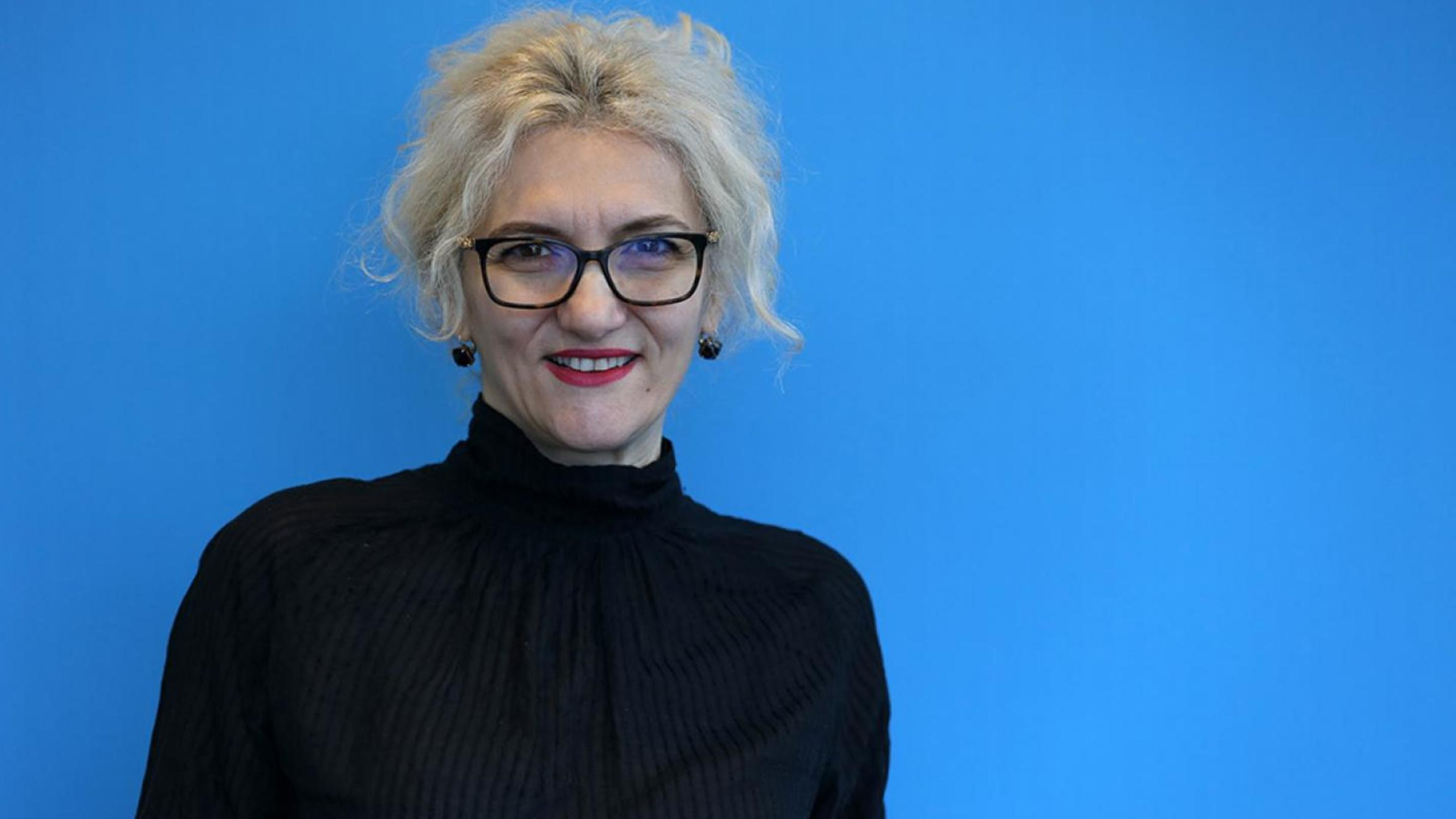
Etleva Kadilli, director of UNICEF’s supply division
GSK lands first-ever UNICEF contract for malaria vaccine worth $170M
GSK has landed a new first from UNICEF — the first-ever contract for malaria vaccines, worth up to $170 million for 18 million vaccine doses …
Sign up to read this article for free.
Get free access to a limited number of articles, plus choose newsletters to get straight to your inbox.